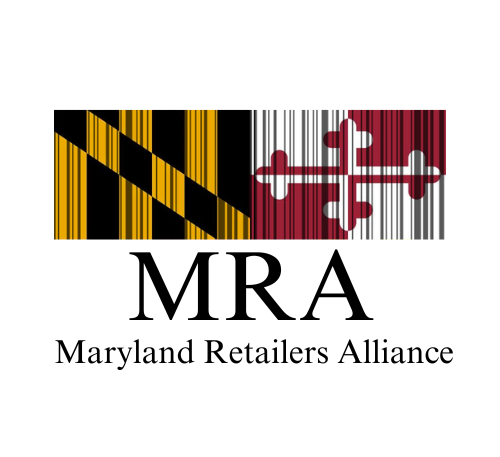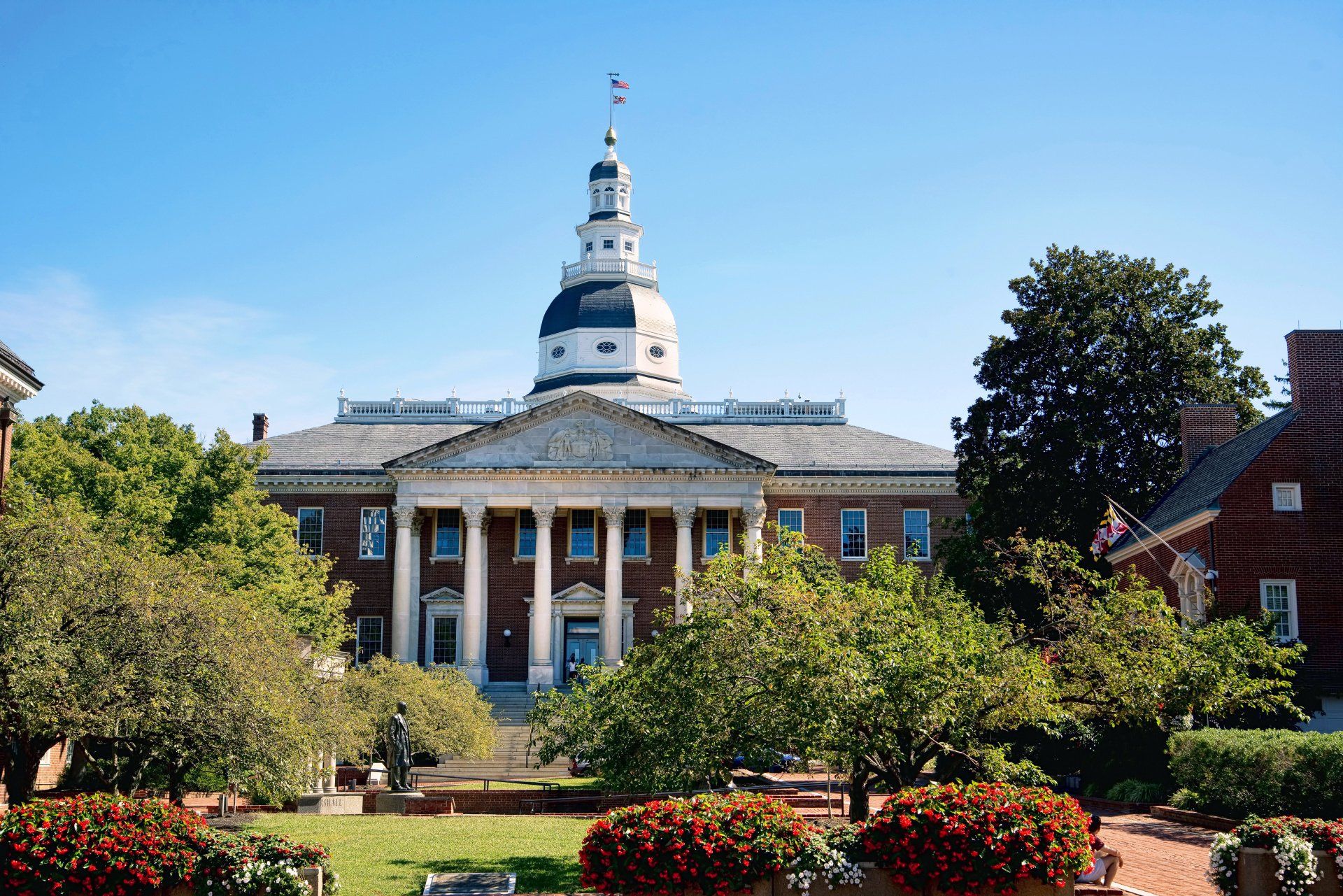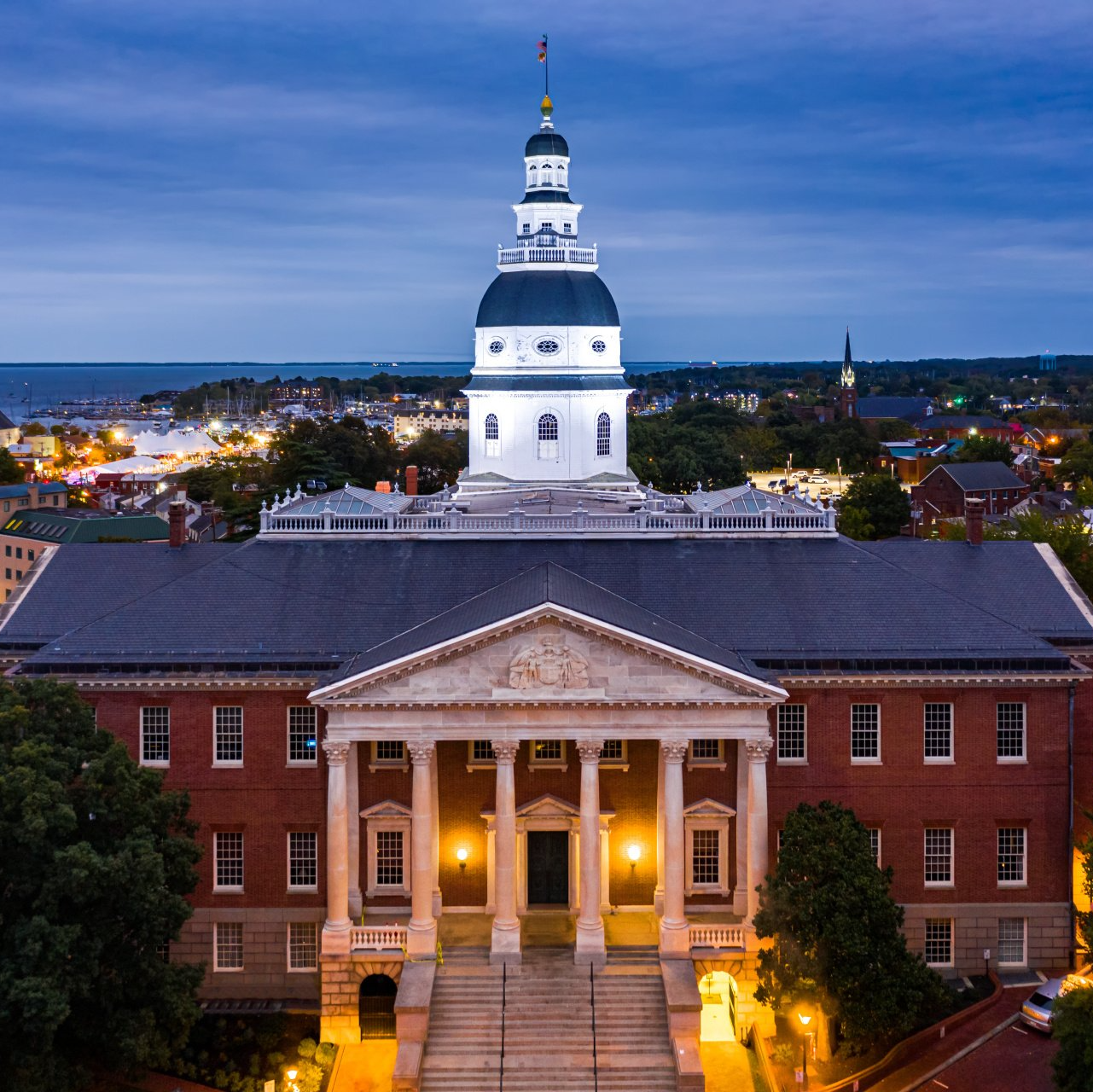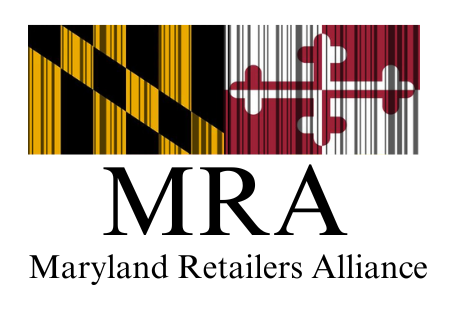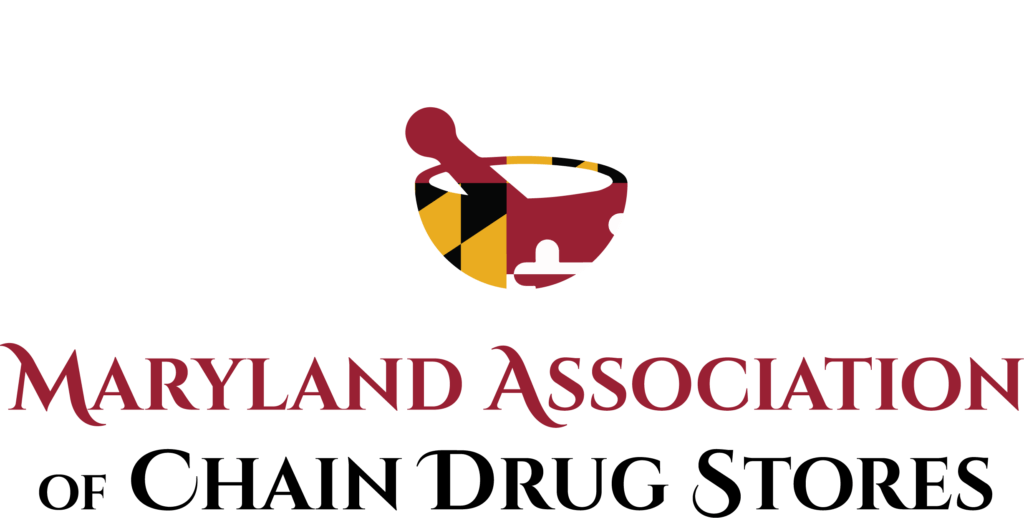The Voice of Retail in Maryland
We advocate for the retail community, provide cost-saving opportunities and benefits, and keep our members up-to-date on the latest news impacting businesses in Maryland.
Legislative advocacy for Maryland retailers at the state and local level remains our number one job.
Our cost-saving benefit partners, offering deals exclusive to MRA members, will put money back in your pocket.
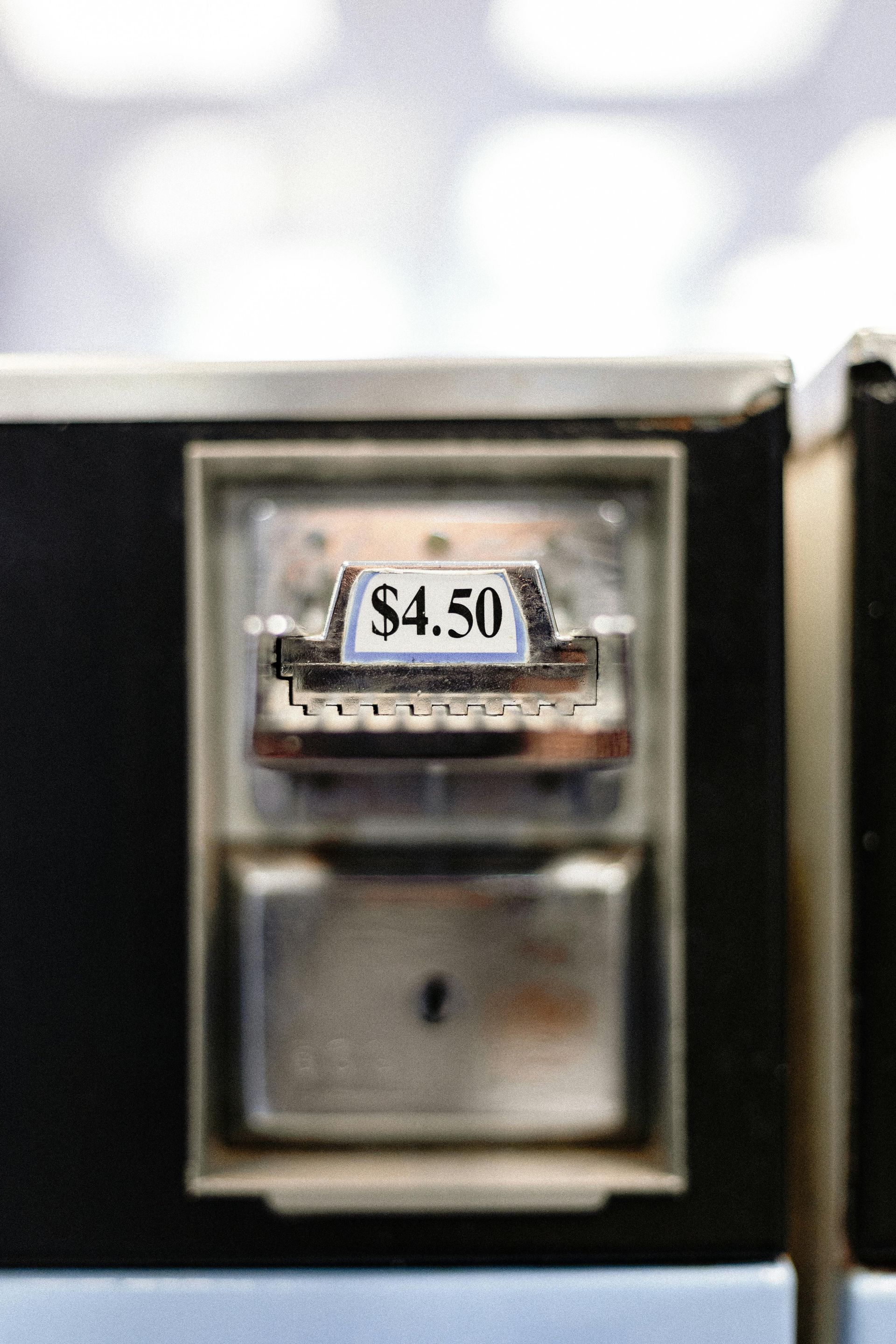
Annapolis, MD – The Maryland Retailers Alliance opposes legislation that would prohibit so-called “surveillance pricing” because it is based on misconceptions about how pricing actually works in grocery stores and retail more broadly. Retailers do not set prices based on individual consumers’ personal data, identity, or purchasing history. Grocery shelf prices are the same for every customer who walks through the door, regardless of who they are, where they live, or what they have purchased in the past. Claims suggesting otherwise are simply inaccurate. Much of the confusion stems from a misunderstanding of dynamic or algorithmic pricing , which retailers use to manage inventory, respond to wholesale cost changes, and remain competitive. This technology helps retailers adjust prices uniformly across all shoppers based on factors such as supplier costs, seasonality, promotions, and market competition—not personal consumer data. Recent academic research, including a University of California San Diego study examining the use of electronic shelf labels in grocery stores, found no evidence of surge pricing or individualized pricing as a result of these technologies. The study concluded that fears of grocery “surge pricing” are not supported by real-world data. Grocery retailers already operate on razor-thin margins, often between one and three percent. Restricting legitimate pricing tools would increase operational costs, reduce flexibility, and ultimately harm consumers through higher prices, reduced promotions, or fewer choices—particularly in communities already facing affordability challenges. Maryland should focus on policies grounded in facts, not fear, and the fact is that retail technology utilizing consumer data is used to lower prices, not increase them. Legislation that bans practices retailers do not engage in risks unintended consequences while failing to address real consumer concerns. We urge lawmakers to reject proposals that mischaracterize retail pricing practices and instead work collaboratively with businesses to protect consumers and maintain a competitive, affordable marketplace. ###
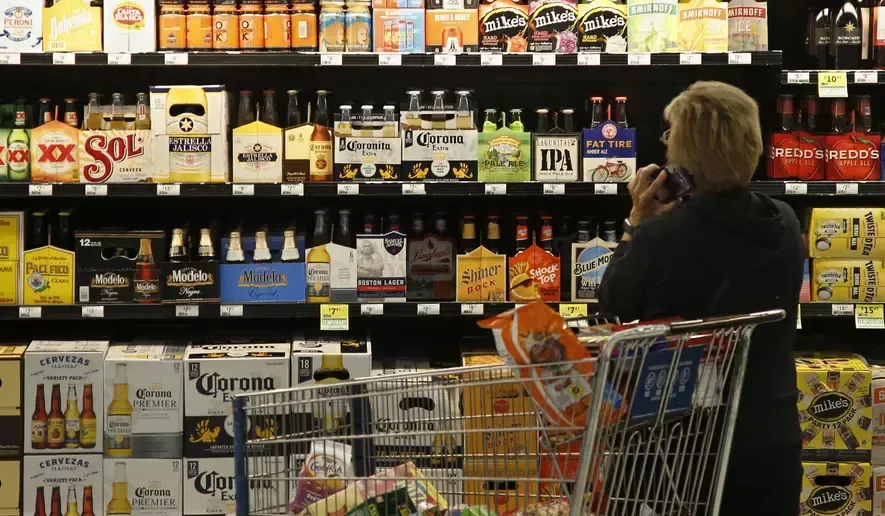
As excerpted from The Washington Times : The Maryland Consumer Freedom Coalition, backed by the Maryland Retailers Alliance trade association, is renewing its effort for the state to legalize beer and wine sales in grocery stores. Maryland Retailers Alliance President Cailey Locklair said outside a Giant grocery store Thursday that, since grocery stores and other similar retailers operate on such thin margins, allowing beer and wine sales could be the difference between shutting down and their ability to stay open, especially given competition from stores in nearby jurisdictions. “In Maryland, we are at a competitive disadvantage,” Ms. Locklair said. Residents who live near the state’s borders cross state lines into the District, Pennsylvania, Virginia and West Virginia, “where there is one-stop shopping and grocery stores where they can not only buy their groceries, but also purchase their beer and wine.” She was backed up at the press conference by state Delegate Marlon Amprey, a Democrat and sponsor of previous failed bills to legalize the sale of beer and wine outside of a select group of grandfathered-in stores. Mr. Amprey, whose district mostly includes West Baltimore, said he was reintroducing his Alcoholic Beverages Modernization Act for the upcoming Maryland legislative session, which starts in January. Mr. Amprey said Maryland should allow beer and wine sales in grocery stores to make it more convenient for families and workers, give grocery stores more of an edge to stay in neighborhoods that they might otherwise leave, and because of customer safety. Click here to read the full article from The Washington Times .
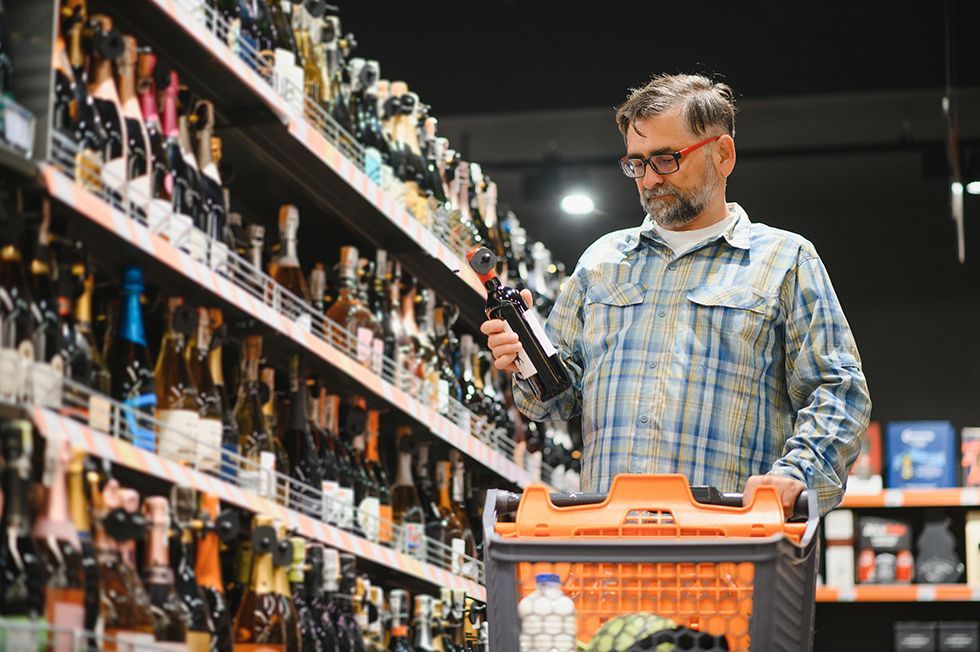
As excerpted from The Shelby Report: The Maryland Consumer Freedom Coalition has launched a campaign to advocate for legalizing beer and wine sales in grocery stores. Maryland is one of just four U.S. states where grocery stores can’t sell alcohol, though the coalition said significant momentum has grown to pass legislation addressing the issue in 2026. “It’s past time that we pass this bill that has strong support from constituents across the political spectrum,” said Delegate Marlon Amprey, the bill’s lead sponsor in the House of Delegates. “Beyond providing busy, working families with the convenience they deserve, this measure will help attract and keep grocery stores in communities that too often don’t have sufficient access to fresh foods.” Sen. Antonio Hayes, the bill’s lead sponsor in the state Senate, added, “The current law is outdated and it’s time for a change. Grocery stores are important economic development anchors and we should be promoting policies that drive investment in our communities and have the potential to attract more high-quality grocery stores to communities that need fresh, healthy food access. “Maryland cannot continue to be an outlier on this policy.” Polls have consistently found strong support for allowing beer and wine sales in grocery stores, with the most recent statewide Maryland Now poll showing 80 percent of respondents back the issue. “Marylanders know that residents of other states are able to do all of their grocery shopping in one stop, and they want the same convenience for themselves,” said Cailey Locklair, president of the Maryland Retailers Alliance (MRA). “Grocery stores operate with some of the smallest profit margins in the retail sector, and this change would go a long way toward attracting and retaining stores in our communities.” Click here to read the full article from The Shelby Report .
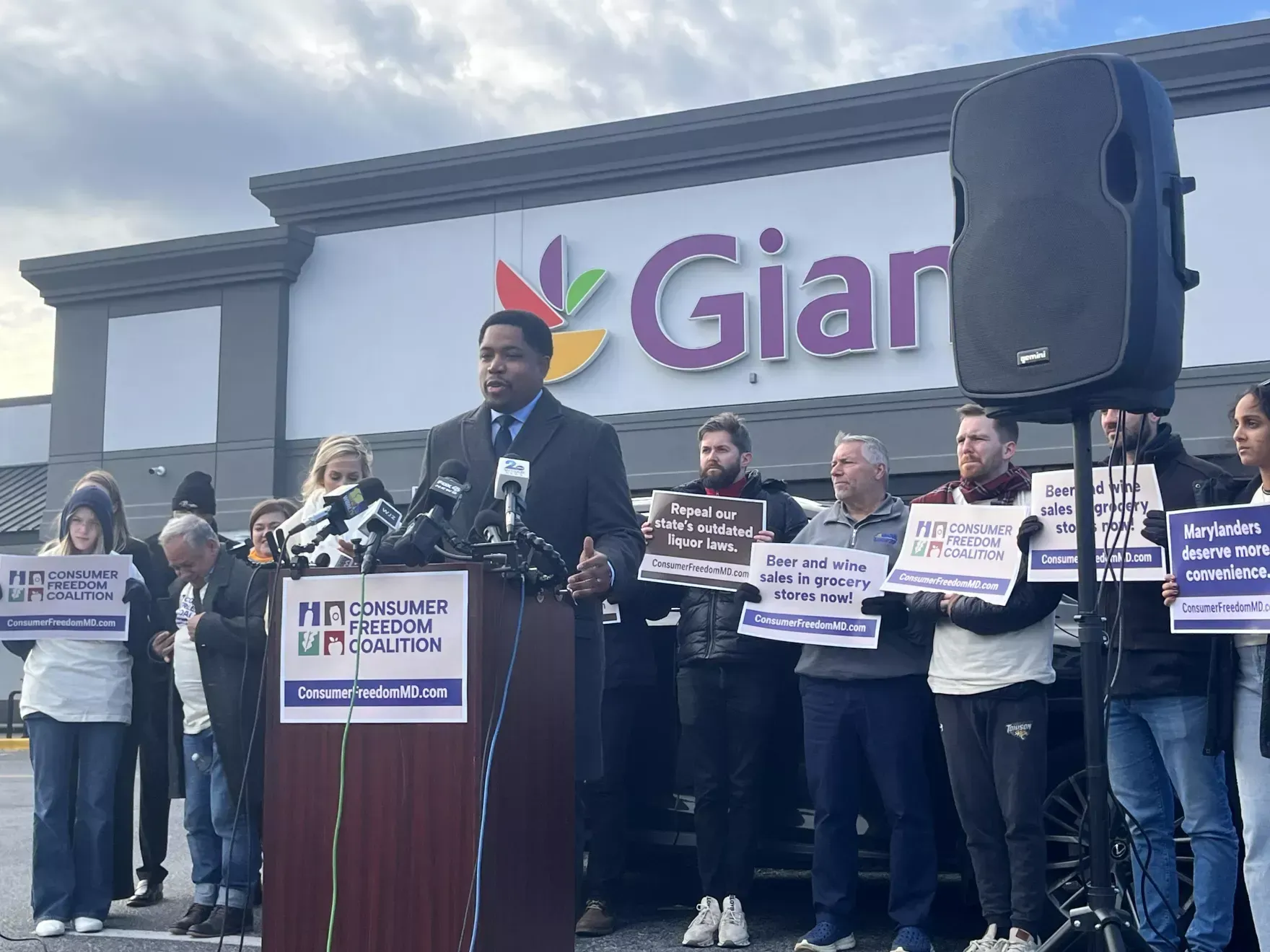
As published by WYPR: Delegate Marlon Amprey (D-Baltimore City) believes 2026 could be the year Maryland legalizes beer and wine sales within grocery stores. He introduced legislation this year that would allow food retailers, pharmacies or gas stations to purchase a Class A liquor license, but the bill ultimately stalled in committee. Amprey says the House Economic Matters Committee chairman vowed to seriously consider the bill during the upcoming legislative session and that Gov. Wes Moore has already pledged to support it. In front of the Giant Food in Riverside Thursday, Amprey said his passion for the bill comes down to physical safety and food security. “Some of the establishments in my neighborhoods are tattered, they have bulletproof glass and individuals don't necessarily feel safe shopping for their beer and wine in these areas. It's important that we have the option and choice to go to a store that’s well lit, like this parking lot right here, that has stable hours, so people can be able to buy their beer and wine in a safe place,” he said. Amprey also argues legalizing beer and wine sales in grocery stores would help boost profits after watching four new grocery stores in Maryland shut down this year. “In order for us to be able to stabilize communities so they can have the grocery stores that they deserve and need, beer and wine in these stores can be the lift that they need in order to make sure that their margins are in a place where they can stay where they are, and that people and communities have access to fresh food.” Maryland Retailers Alliance President Cailey Locklair is also in strong support of the bill, noting a Maryland Now statewide issue poll – conducted by Blended Public Affairs in conjunction with Perry Jacobson – found that 80 percent of likely voters support allowing beer and wine sales in grocery stores. “It strengthens existing [grocery] stores and creates the economic foundation needed to open new ones, particularly in areas that have been asking for greater access to full service grocers for decades,” Locklair said. Local union representatives for United Food and Commercial Workers (UFCW) also spoke in support of the bill. While opponents have raised concerns about putting traditional liquor stores out of business by granting liquor licenses to grocery stores, Amprey argues the majority of other states are already utilizing this model, and some non-liquor stores in Maryland are already grandfathered into alcohol sales. Maryland is one of four states in the nation that does not allow any alcohol sales at grocery stores. Click here to read the article on WYPR .
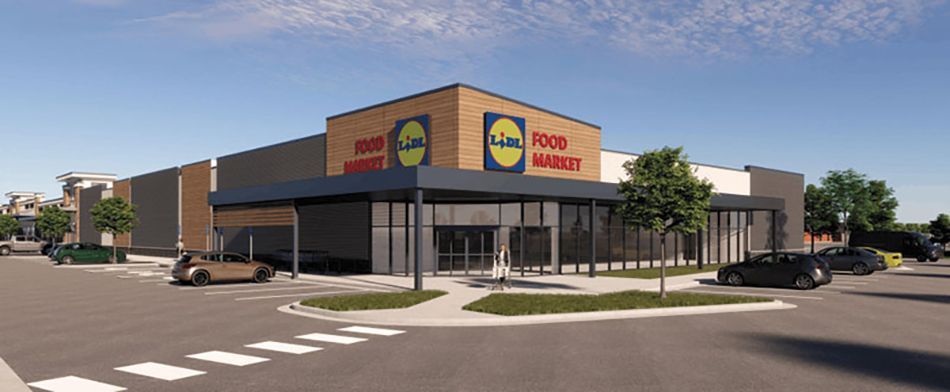
As excerpted from The Shelby Report: The Maryland grocery market is in a season of change, according to Cailey Locklair, president of the Maryland Food Industry Council . “New stores have opened, but many have closed this year as well,” said Locklair, who also serves as president of the Maryland Retailers Alliance and the Maryland Association of Chain Drug Stores. “Food is a necessity category in retail, but like many states, there are many pressures such as tariffs, thin margins, regulatory costs and inflation that may result in additional consolidation.” . .. Locklair noted that Maryland’s unemployment rate is around 3.6 percent, a low figure that reflects “strong labor demand and a relatively stable population that provides a solid consumer base and workforce foundation. “However, Maryland’s close proximity to the nation’s capital means the state’s economy is heavily influenced by federal employment and contracting activity, leaving it vulnerable to shifts in the federal workforce and related budget changes which have yet to be fully realized.” Last year, the state was able to close a $3.3 billion budget deficit through new taxes, one-time transfers and budget cuts, yet projections for fiscal 2027 are indicating a potential $1.4 billion shortfall, she said. “This growing structural gap is deeply concerning to the business community, as the prospect of tax increases looms large in upcoming policy discussions,” Locklair said. The recent federal shutdown, finally resolved in mid-November, as well as continuing uncertainty around SNAP funding, “have recently caused sharp declines in sales for many grocers, particularly those operating in underserved communities across the state,” she said. On hopefully a more positive note, Maryland’s new organized retail crime law took effect this October, “finally enabling law enforcement to aggregate thefts across jurisdictions, define ORC in statute and collect critical data to better combat these crimes,” Locklair said. Maryland is not unlike a lot of markets nationwide, with labor costs continuing to be a top concern for food retailers, who operate on profit margins of about 1 to 3 percent. “When consumers spend less, whether due to inflation, reduced SNAP benefits or rising import costs, it triggers a ripple effect throughout the economy: purchasing power declines, store viability weakens, sales drop and retailers are forced to make difficult operational decisions, including cutting labor or reducing inventory,” she noted. For the upcoming legislative session, Locklair said her food council members are keeping a close eye on a number of issues, including beer and wine sales in food retail stores, tax increases, bans and warning labeling, a bottle tax and labor mandates. Click here to read the full article from The Shelby Report.
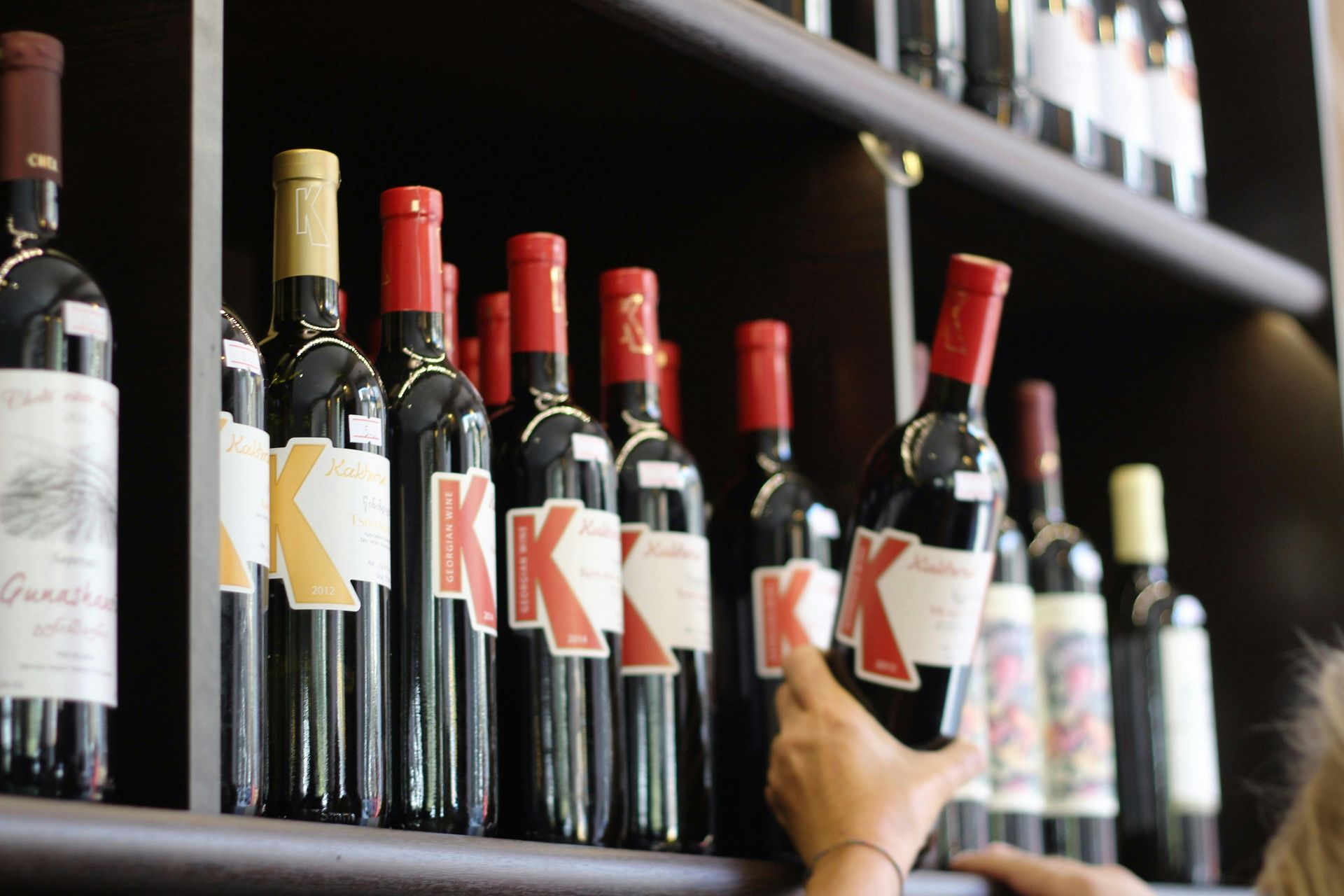
As excerpted from The Baltimore Sun: A retail business group is renewing efforts to repeal a ban on selling beer and wine in Maryland grocery stores. In a campaign launched Thursday, the Maryland Consumer Freedom Coalition argued that momentum is growing to legalize such sales, with Maryland one of only four states where grocery stores are prohibited from selling any alcohol. The proposal has been opposed by groups such as the Maryland State Licensed Beverage Association. And small-business owners who have invested in their communities have worried they’ll be put out of business, unable to compete with large-quantity discounts at big-box and convenience stores. Legislation proposed earlier this year in the Maryland Senate and House of Delegates never received initial committee votes. The Freedom Coalition, backed by the Maryland Retailers Alliance, says most voters support a change in the law. A statewide Maryland Now poll found support from 80% of respondents, the group said. “It’s past time that we pass this bill that has strong support from constituents across the political spectrum,” Del. Marlon Amprey, a lead sponsor of House legislation, said in a statement Thursday. Sen. Antonio Hayes, lead sponsor in the state Senate, called the current law outdated. “We should be promoting policies that drive investment in our communities and have the potential to attract more high-quality grocery stores to communities that need fresh, healthy food access,” Hayes said in a statement. Maryland Retailers Alliance has called for overturning the ban, a position that Gov. Wes Moore supported in December 2024 as consumer-friendly. Click here to read the full article from The Baltimore Sun.
